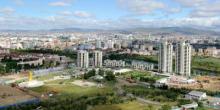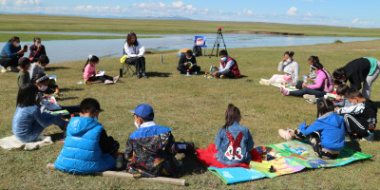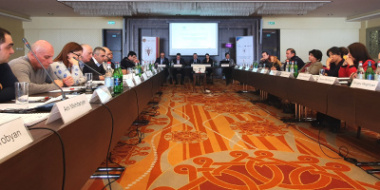Post-Trial: Making Court Decisions Stick
Mongolia’s investment climate is chronically undermined by poor enforcement of rulings. In an effort to improve the enforcement rate, IDLO has been helping strengthen the Mongolian General Executive Agency of Court Decisions by building the capacity of more than 200 bailiffs (12 of them bailiffs-trainers) in areas including sale and seizure of property, mediation and international arbitration, and conflict management.











